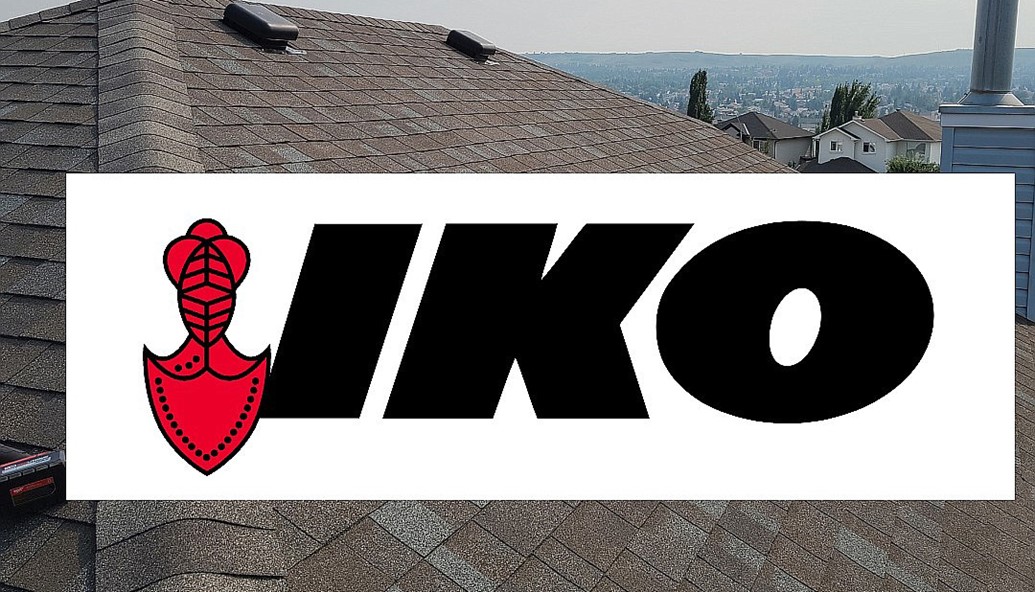May 12, 2023 IKO Industries buys Clay County land for $270 million roofing product plans

Full content here
Roofing products manufacturer IKO South Inc. paid $5.26 million in April for Clay County property to develop a $270 million plant, larger than initially anticipated, that will hire more than 100 employees.
The Canada-based IKO Industries will make residential roofing products (asphalt roof shingles), insulation boards (Poly-ISO) and commercial roll roofing.
“This is really a generational impact type of project for the community,” said Crawford Powell, president of the Clay County Economic Development Corp., at the Clay County Board of County Commissioners meeting May 9.
IKO is a 72-year-old Toronto-based maker of roofing, waterproofing and insulation products for the residential and commercial markets.
IKO Corporate Communications Manager Derek Fee said May 11 that IKO bought 80 acres in Clay County where it will build three plants totaling more than 650,000 square feet of space.
The site is east along U.S. 301, at County Road 218 about 10 miles south of Interstate 10. IKO bought the timberland April 5, 2023, from Frank Spencer Ltd.
The Clay County Board of County Commissioners voted 3-2 on May 9 to exempt IKO from paying the project’s full mobility fee.
The county’s mobility fee ordinance requires that mobility fees be collected for all new development to fund the construction of necessary road improvements attributable to growth.
The mobility fee vote comes about six months after the commissioners unanimously approved an incentives award Nov. 22 for IKO Industries, code-named Project Gator, to develop a $219 million manufacturing complex off U.S. 301.
That investment estimate has increased.
“We are pretty sure this will be in the top five largest capital investments in the state,” Powell said in November. The expectation was repeated this week.
The board voted in November to approve an economic development grant and a tangible personal property capital investment grant. The county project summary does not detail the total value of the incentives, but they could be more than $1.72 million.
The economic development grant is for 15 years and the tangible personal property grant is for three years.
The incentives will be based on IKO’s investment. Once the improvements and tangible property are added and the county’s tax roll and employment requirements are met, a development agreement will be presented to the board and IKO, according to the project summary.
The project
John Anhang, IKO Industries director of special projects, told the commissioners May 9 that the initial plant capital investment of $160 million will create 60 jobs, hopefully increasing to 80 as another shift is added. That will make roofing shingles.
A second factory would be $65 million and 20 jobs. That will make insulation boards.
A third investment of $45 million would create another factory to make rolled roofing products and underlayment products for under shingles.
Anhang said that is an investment of $270 million and 100 jobs, increasing to 120 with a third shift and possibly to 140 with a fourth shift.
He said IKO is applying for a building permit and hopes to have that by July in order to start site preparation in the fall.
“We have a three-year timeline to build all those three plants,” he said.
IKO would start operating the shingle plant the first half of 2025, the ISO plant the second half of 2025 and the rolled roofing plant in the first half of 2026.

A conceptual site plan for IKO South shows a 306,476-square-foot ISO (insulation) board manufacturing facility and office, a 265,381-square-foot shingle manufacturing facility, a 102,805-square-foot ice and water manufacturing facility and a 21,184-square-foot processing building next to a granule unloading area.
Anhang said the jobs are permanent full-time and all would receive full medical benefits, life insurance, long-term disability, a 401(k) matching program and tuition reimbursement.
He said IKO has closed two plants the past decade because they were 60 or 70 years old and obsolete. “When we build a plant, typically it’s good for 40 to 50 years.”
Raw material will arrive by CSX rail and truck, and will leave by truck.
Commissioner Mike Cella said the jobs would pay an average $50,000 to $60,000 a year. A previous project summary said the project will create jobs paying at least 101% of the average annual Clay County wage of $42,564.
Commissioners debated between exempting 75% or 100% of the mobility fee and settled on 100%.
Cella said the $600,000 or so mobility fee is offset by “the millions of dollars that they’re bringing to the table, the millions of dollars that we’ll get in terms of just the property taxes, the economic impact of a hundred jobs being paid at an average of between $50,000 and $60,000 a year.”
Powell told the commissioners that the taxable values to the county, the school system and other taxable entities are anticipated at more than $2 million annually, based on early impacts.
Fee said by email May 11 that hiring will top 100 employees, but that depends on how demand rises as the plants come online, “which would allow expansion of that figure as we add new production teams beyond the original number.”
He said wages will vary depending on position. Some roles will include skilled trades, professionals like engineers, as well as machine operators, clerical or technical roles, as well as some roles for forklift operators or warehouse staff.
“There are a number of wage rates that will be involved,” he said.
The company has hired a plant manager. Fee said hiring that will require training at another IKO site is about a year or so out. Jobs will be posted at iko.com.
The project phasing depends on permit approvals, he said.
“If all goes as planned, we would hope for the three production lines to complete commissioning between mid-2025 and mid-2026.”
He said the “first shovel in the ground will start later in 2023.”
Anhang expects 150 to 200 construction workers on-site daily during development.
Fee said final drawings are not completed and IKO has not finalized a decision about the contractor and architect.
The last two shingle plants – Sylacauga, Alabama, in 2014 and Hillsboro, Texas, in 2018 – were built at 250,000 to 300,000 square feet. “We anticipate once things are finalized that the three plants combined will be more than 650,000 square feet.”
Clay County
Powell said previously the original request for information by the project was in April 2021.
He said the project came from JAXUSA Partnership, the economic development division of JAX Chamber that works with seven Northeast Florida counties, including Clay.
Fee said IKO chose Clay County for many reasons.
“Local and state government have been supportive of our proposal, and we’ve really been made to feel welcome with this project,” he said.
“The size of the property, and it’s proximity to both major interstate arteries and rail service is a combination that isn’t always easy to locate.”
Fee said there “is a good-sized population to allow us to recruit and hire talented people locally to become part of our operations team.”
The location is able to support a large potential customer base that IKO is serving from other locations.
“It’s also in reasonably close proximity to the $363M investments in our fiberglass operations we recently announced in South Carolina, which will help support this new Florida facility,” he said.
Fee said the Clay County project is the first of its kind for IKO “as we’ve not built all three of these production lines on a single campus before, although we have separate locations for each elsewhere in our operations system.”
IKO.com says the family-owned company is a worldwide leader in the roofing, waterproofing and insulation industry for residential and commercial markets.
It operates more than 35 manufacturing plants throughout North America and Europe.
IKO South Inc. registered with the state Jan. 25, 2022.
In North America, its headquarters is in Brampton, Ontario.
Its U.S. headquarters are in Wilmington, Delaware.
“The interesting thing to me is it is a fourth-generation, family-owned corporation, which is pretty cool that you can continue a family corporation through the challenging market that everyone is experiencing,” Powell said.
